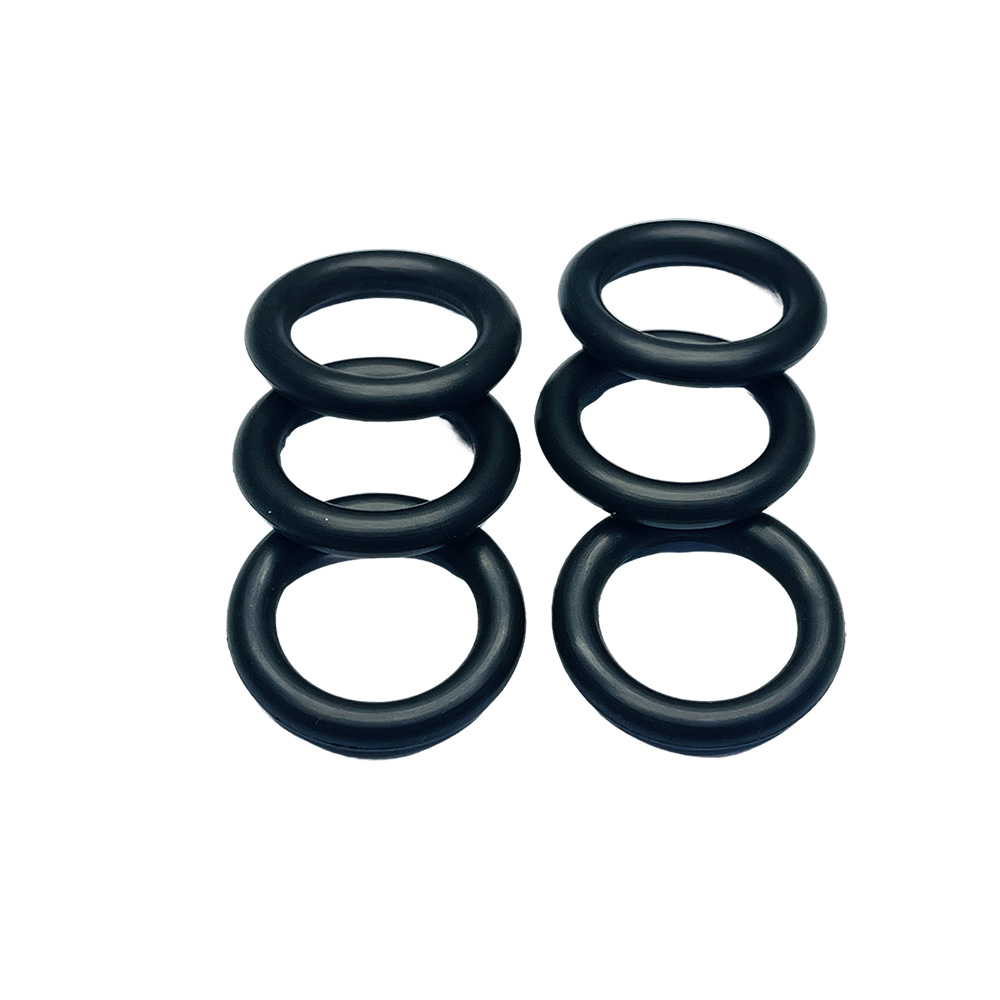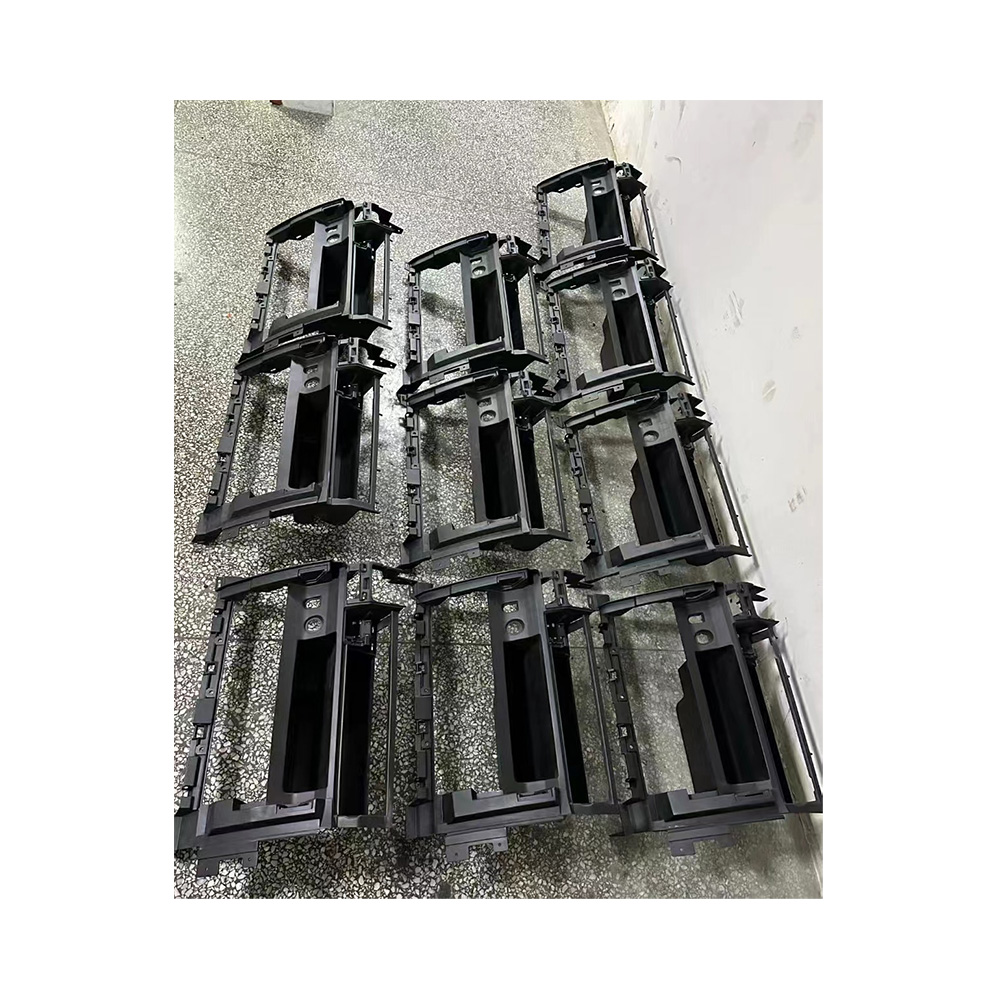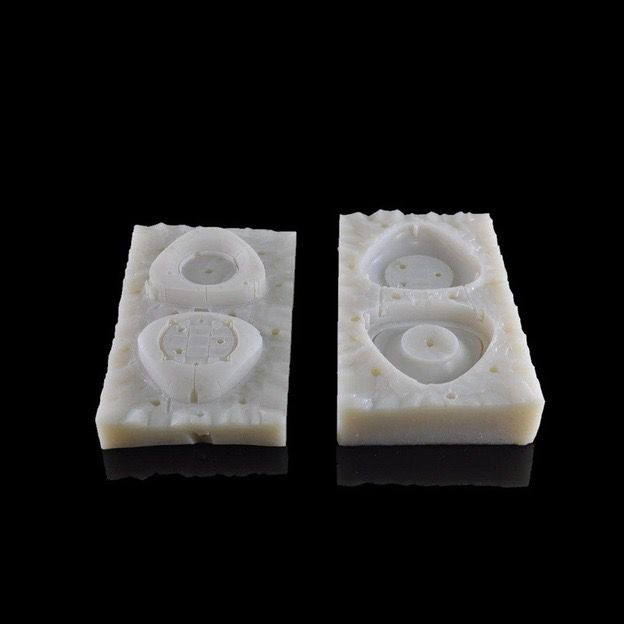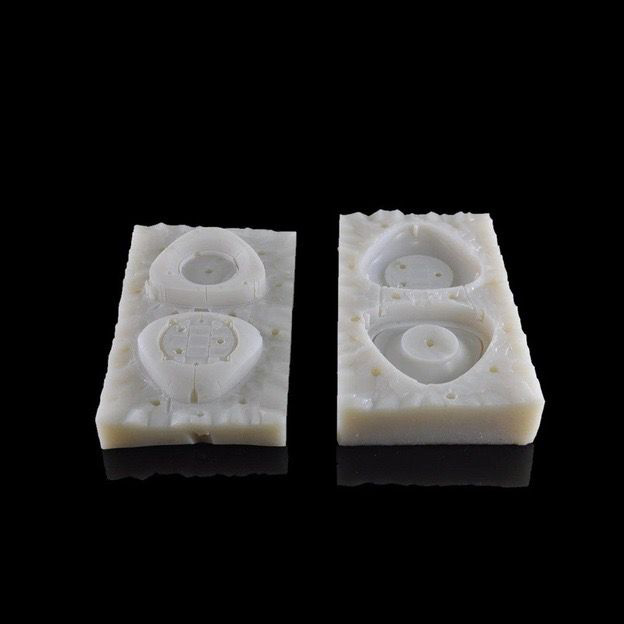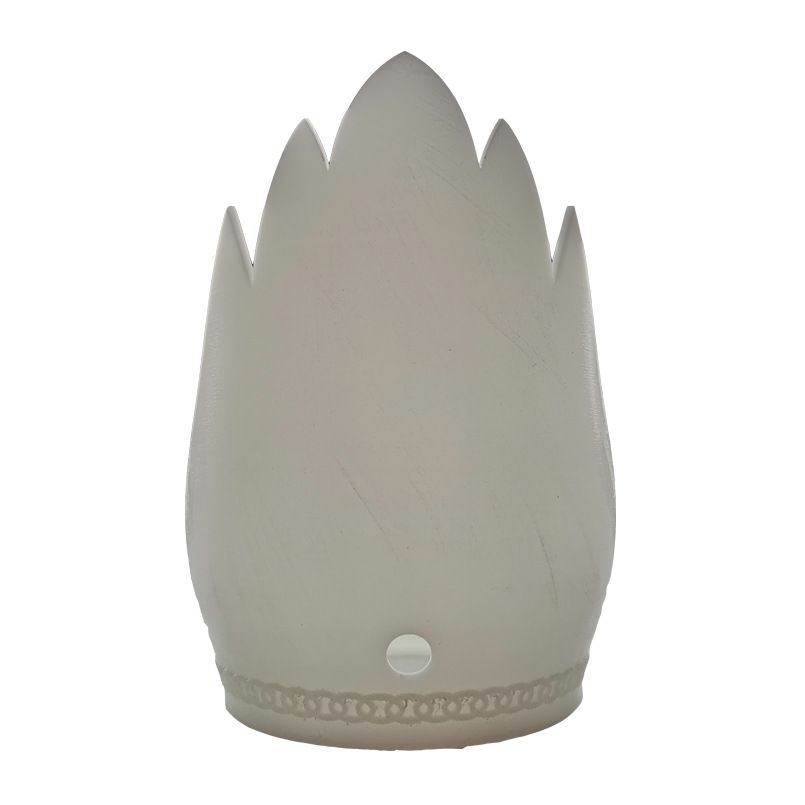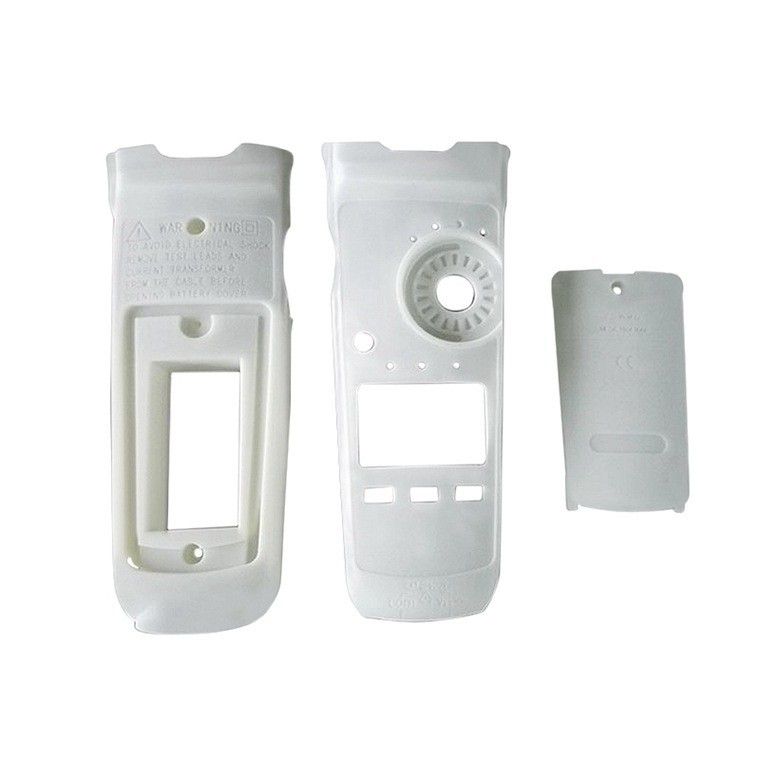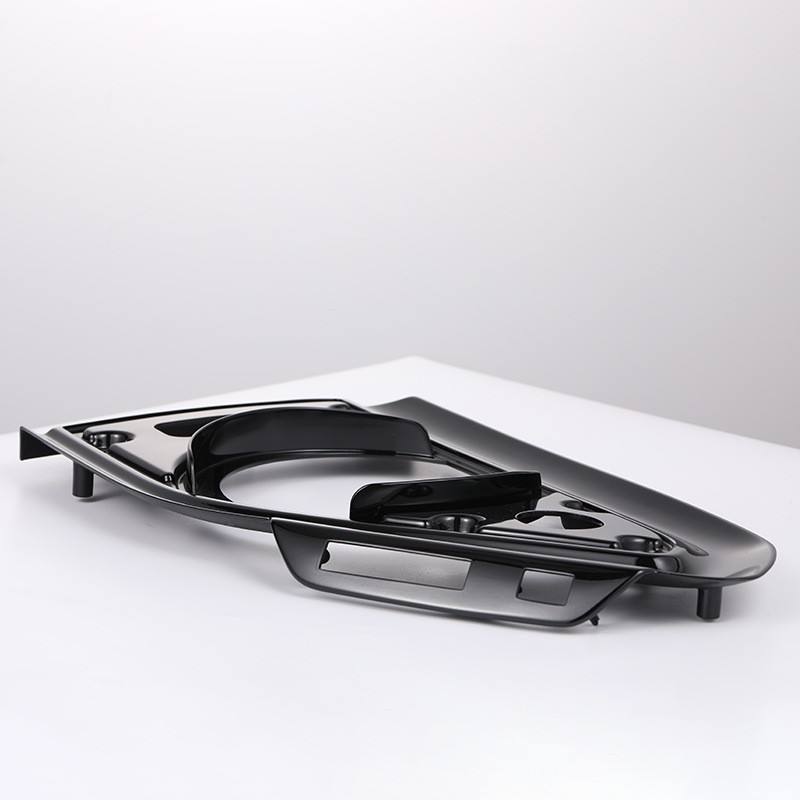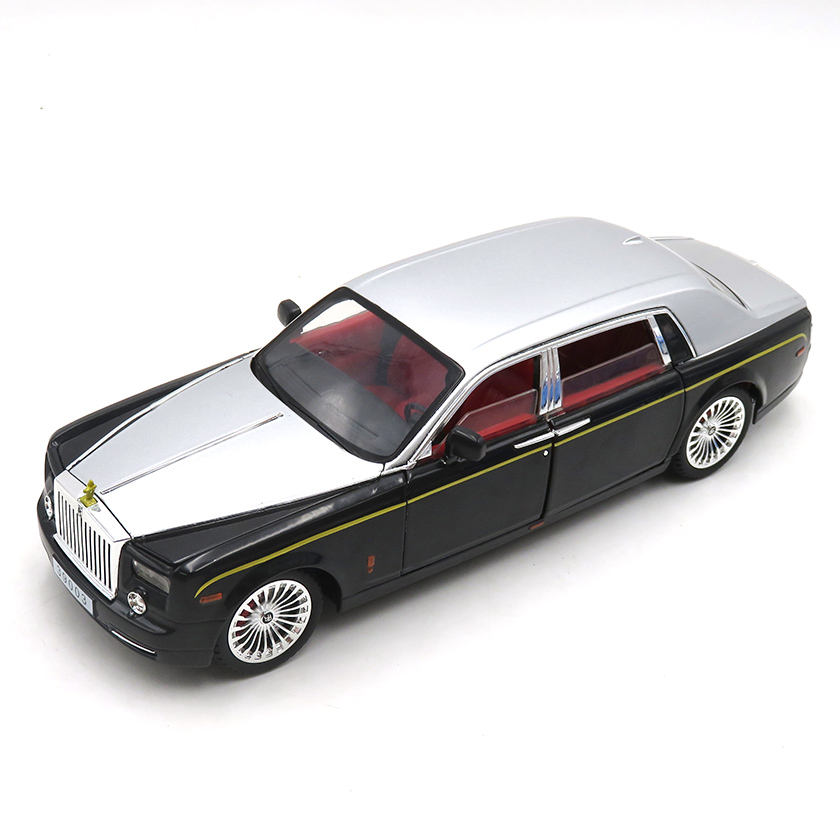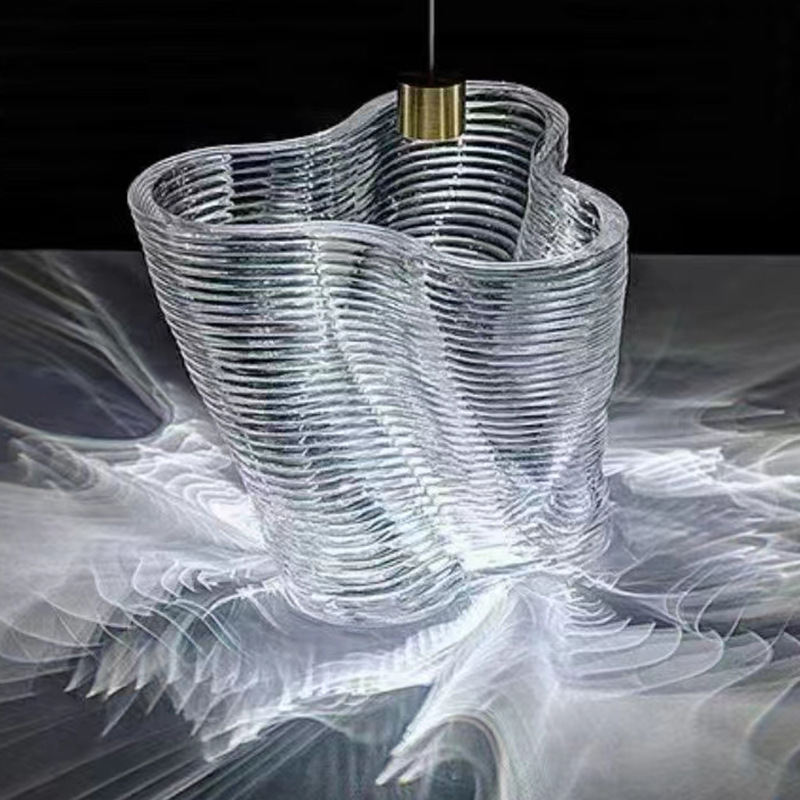0102030405
Customized ABS plastic parts shell Mold injection molding TPE plastic
Product Detail
Industrial plastic injection parts at ABBYLE come in a variety of materials and types, and manufacturing these parts requires precise processes and quality control to ensure their performance and reliability. There are many types of industrial plastics injection parts and they are widely used. Their excellent properties are often used to replace metal materials. The manufacturing of consumer plastic parts mainly uses PA、PC、POM、PPO、PET、PBT、UHMWPE 、ABSand other materials. Industrial plastic injection parts play an important role in both batch industrial and technical applications due to their excellent properties and relatively low manufacturing costs. Believe in ABBYLEE, professionally made powerful.
Features
1. High strength: Industrial plastic injection parts generally have higher strength and stiffness and can withstand greater mechanical loads, making them suitable for applications requiring high strength.
2. Corrosion Resistance: Many industrial plastic injection parts are extremely resistant to chemicals and corrosion, making them suitable for use in environments where they come in contact with a wide range of chemicals and chemicals.
3. High temperature resistance: Certain industrial plastic injection parts are able to maintain stable performance at high temperatures, which is very important for high temperature applications, such as automotive engine parts and electronic equipment.
4. Insulation: Industrial plastic injection parts generally have excellent insulation properties and are widely used in electronic and electrical applications.
5. Wear Resistance: Industrial plastic injection parts generally have higher wear resistance.
Application
1.Automobile industry: Industrial plastic injection parts are used in automobile manufacturing to manufacture various parts, such as hoods, instrument panels, body substructures, engine parts, transmission systems, interior parts, etc. They are often used to reduce weight, improve fuel efficiency and reduce fuel efficiency manufacturing costs.
2.Electronics and electrical fields: Industrial plastic injection parts are used in the manufacture of components such as electronic equipment, wire insulation, sockets, connectors, switches, cable protection jackets and circuit boards. They have insulating properties and high temperature resistance and are suitable for electrical and electronic applications.
3.Medical Devices: Medical devices and instruments are often manufactured from industrial plastic injection parts, such as surgical tools, medical device housings, pharmaceutical piping systems and diagnostic equipment.
4.Construction and Building Materials: Industrial plastic injection parts used in the manufacture of building materials such as insulation, pipes, window frames, roofing materials, insulation and components of drainage systems.
5.Aerospace: Industrial plastic injection parts are used in the aerospace industry to manufacture aircraft parts, aircraft components, navigation systems, fuel storage and piping systems, and cockpit interfaces.
6.Chemical industry: Due to their corrosion resistance and chemical stability, industrial plastic injection parts are often used in the chemical industry to manufacture equipment such as storage tanks, pipes, valves and pumps.
7.Food and Industrial Beverages: In food and beverage processing, industrial plastic injection parts are used to make duct tape, machine parts, packaging materials and food handling equipment.
8. Engineering: Industrial plastic injection parts are used in the manufacture of machine parts, bearings, gears, machine screws, screws, buffers and seals to improve wear resistance, reduce friction coefficients and reduce lubrication requirements.
9.Energy sector: Industrial plastic injection parts are used in the energy industry to manufacture solar panels, dehydration lubrication systems, power pipeline equipment and oil and gas extraction equipment.

Parameters
| Material | Finish | Products suitable for manufacturing | |
| 1 | Well | Painting,Spraying,Electroplate, Water Plating,Pad Printing, Silk screen, Laser Engraving,etc. | Combs, Toothbrushes, Clothes hooks, Car interiors |
| 2 | PC | CDs, Spectacle lenses, Goggles, Water bottles | |
| 3 | POM | Gears, Bushings, Sliding elements, Racks and connecting rods | |
| 4 | PPO | Sockets, Insulation parts, Wire clamps, Cable clamps | |
| 5 | PET | Water bottle, Drink bottle,Disposable tableware | |
| 6 | PBT | Wire connectors, Switches and electronic components | |
| 7 | UHMWPE | Prosthetic joints, Surgical interventions and orthopedic devices | |
| 8 | ABS | Instrument panels, Lamp covers, Car hoods and automotive parts |
Quality Inspection
1.Incoming inspection: Inspect raw materials, components or semi-finished products provided by suppliers to ensure that their quality complies with the purchase contract and technical specifications.
2. Process inspection: Monitor and inspect each process in the production process to promptly discover and correct unqualified products to prevent them from flowing into the next process or finished product warehouse.
3. Finished product inspection: Quality inspection department at ABBYLEE will use professional testing machines: Keyence, to conduct precise testing of products. Comprehensive inspection of finished products, including appearance, size, performance, function, etc., to ensure that their quality meets factory standards and customer requirements.
4. ABBYLEE special QC inspection: Sampling or full inspection of finished products about to leave the factory to verify whether their quality meets the requirements of the contract or order.

Packaging
1. Bagging: Use protective films to package the products tightly to avoid collision and friction. Seal and check for integrity.
2. Packing: Put the bagged products into cartons in a certain way, seal the boxes and label them with the name, specifications, quantity, batch number and other information of the product.
3. Warehousing: Transport the boxed products to the warehouse for warehousing registration and classified storage, waiting for shipment.



